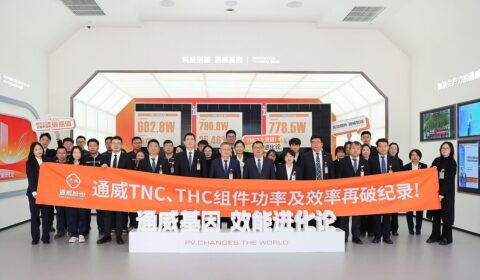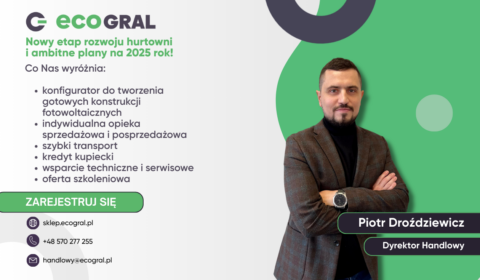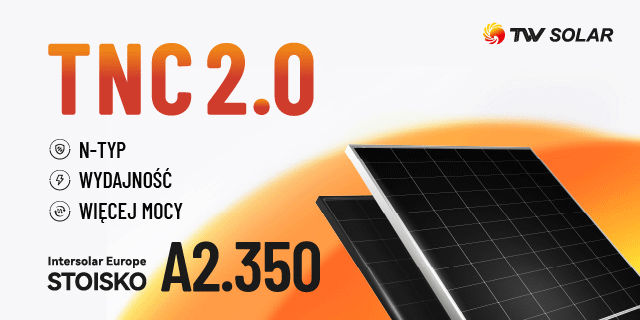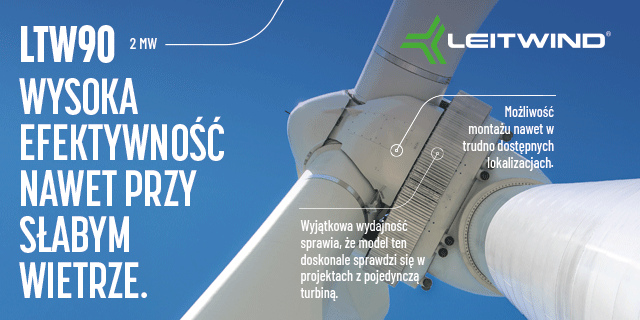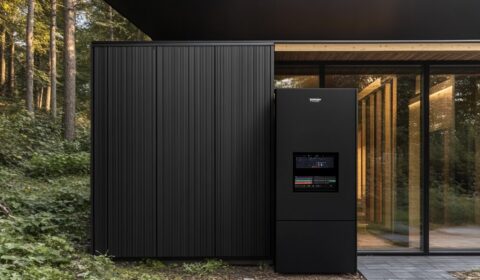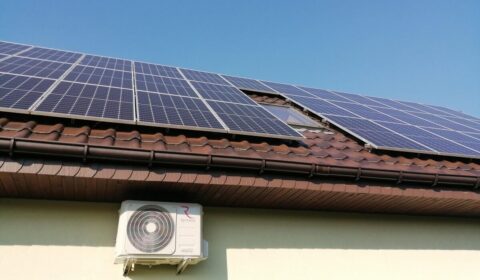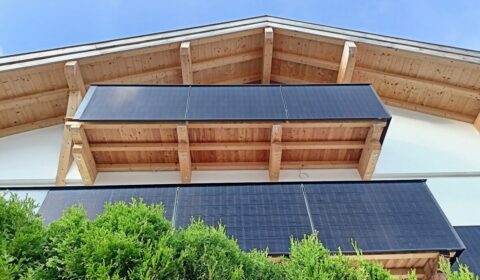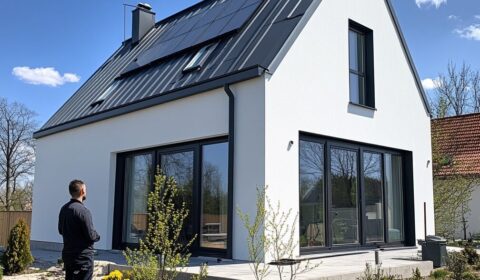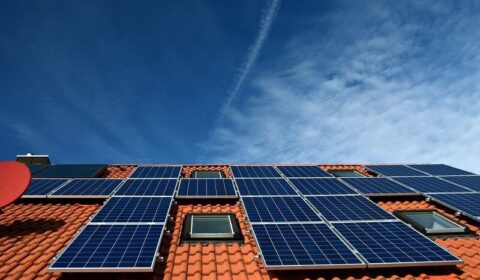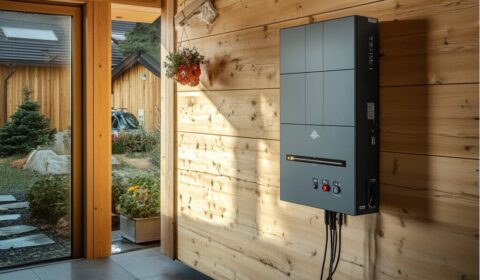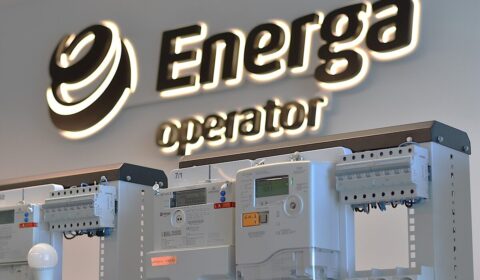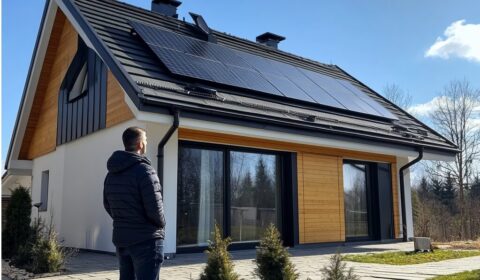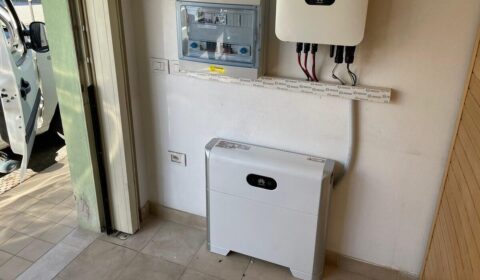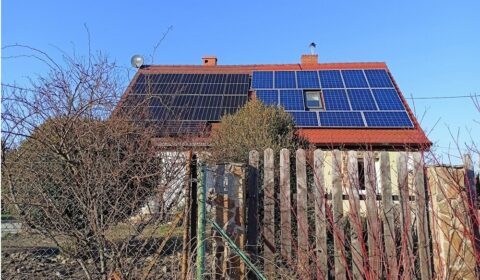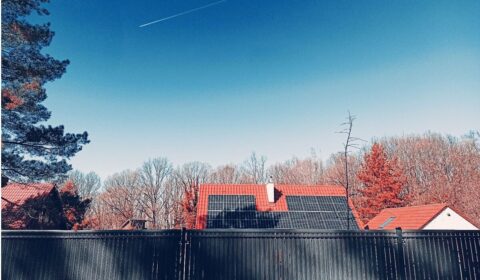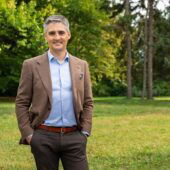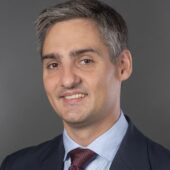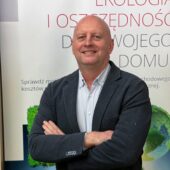Orsted Dong
Please use the sharing tools found via the email icon at the top of articles. Copying articles to share with others is a breach of FT.com T&Cs and Copyright Policy. Email licensing@ft.com to buy additional rights. Subscribers may share up to 10 or 20 articles per month using the gift article service. More information can be found here.
https://www.ft.com/content/9b14ff0e-bf0d-11e7-b8a3-38a6e068f464
Orsted to sell half of the world’s largest wind farm for £2bn The former Dong Energy lifts earnings forecast but reveals lower underlying operating profits Read next US coal’s upturn favours mines in western states Share on Twitter (opens new window) Share on Facebook (opens new window) Share on LinkedIn (opens new window) 5 Save to myFT YESTERDAY by Richard Milne, Nordic Correspondent Orsted, the Danish renewable energy giant, is selling a 50 per cent stake in the world’s largest wind farm for £2bn, raising its profit forecast for this year. The world’s largest operator of wind farms, formerly known as Dong Energy, will sell the stake in the Walney Extension project off the British coast to two Danish pension funds. Orsted as a result lifted its guidance of earnings before interest, tax, depreciation and amortisation this year from DKr17bn-19bn to DKr19bn-21bn. PKA and PFA, two Danish pension funds, will each take a 25 per cent stake in the project, which lies in the Irish Sea off the coast of Cumbria. Henrik Poulsen, Orsted’s chief executive, said the group already had a partnership with PKA on three other offshore wind farms. “Both partners are committed to the green energy transition and I’m pleased that our offshore wind assets continue to be attractive to institutional investors,” he added. The company recently renamed itself Orsted — after the Danish scientist renowned for his work on electromagnetism — after it sold off its petroleum business that had contributed to the acronym Dong. Ineos, the UK petrochemicals group, paid $1bn for the business. Orsted has become one of the leading companies in renewable energy given its position as the leading operator and builder of offshore wind farms. Earlier this year, the Danish group broke new ground by saying it would build two offshore projects in the German North Sea without any subsidies. Orsted also released some of its third-quarter results a day early on Wednesday, saying that underlying operating profits were DKr1.8bn, 10 per cent lower than in the same period a year earlier. Shares in Orsted fell 2 per cent as the profits were well below the average analyst forecast of DKr4.1bn. Mr Poulsen — a former executive at Lego, McKinsey and Novo Nordisk — is regarded as one of Denmark’s top executives. He said: “The divestment of our upstream oil and gas business to Ineos was a milestone in our strategic transformation from black to green energy. Our vision is to create a world that runs entirely on green energy. We expect that more than 95 per cent of the power and heat we generate in 2023 will be green.” Orsted was one of the biggest stock market listings last year and its shares have risen by almost a half in the past 18 months. It has transformed itself from its roots as a Danish utility with significant North Sea oil and gas interests to a company focused on developing and operating wind farms, becoming one of the main listed renewable energy groups.






















